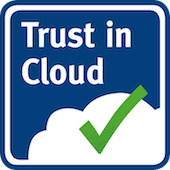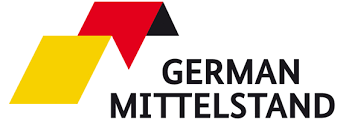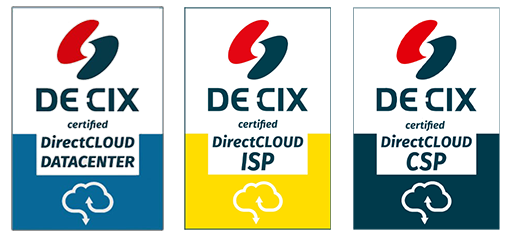Hybrid Cloud
Hybrid Cloud is a cloud computing model that combines private and public clouds into a single infrastructure. This approach allows companies to use the advantages of both models: storing critical data in a private cloud for security and control, while leveraging the public cloud for scalability and application deployment.
Hybrid cloud provides a balance between security, flexibility, and cost optimization, making it a popular solution for large companies and organizations with dynamic workloads.
How It Works
- Private cloud stores sensitive data and runs mission-critical applications.
- Public cloud is used for additional workloads, testing, and scaling.
- Hybrid cloud management systems synchronize resources and provide unified administration.
- Data and applications can move between private and public clouds depending on business requirements.
Applications
Hybrid cloud is most relevant when:
- personal data must be stored in an isolated environment, but public cloud is used for analytics;
- companies need rapid scaling during peak demand;
- balancing cost efficiency with security is essential;
- regulatory compliance is required (e.g., storing data within a specific country).
Advantages
- Flexibility – choose the right environment depending on the task.
- Cost savings – critical data remains in a private cloud, while less sensitive workloads use more affordable public resources.
- Resilience – distributing workloads across both environments reduces downtime risks.
- Scalability – easily expand beyond local infrastructure.
- Compliance – enables simultaneous security and operational flexibility.
Limitations
- complexity of setup and management;
- need for highly skilled specialists;
- potential risks when migrating data between clouds.
Example
A healthcare company stores patient databases in a private cloud to comply with personal data regulations. For analytics and machine learning, it uses a public cloud. This approach combines strong data protection with high performance and reduced costs.
Frequently Asked Questions (FAQ)
Hybrid cloud combines private and public clouds into one system, while multicloud involves using multiple public providers without a private segment.
It allows them to keep sensitive data secure while scaling resources with the public cloud, combining cost efficiency with flexibility.
With integration platforms and management systems that provide synchronization, replication, and access control when moving applications and files.
Security depends on proper configuration. Private cloud protects critical data, while public cloud security is strengthened with encryption and access policies.
Large enterprises and organizations that must meet strict security and compliance requirements while retaining the ability to scale and optimize costs.






